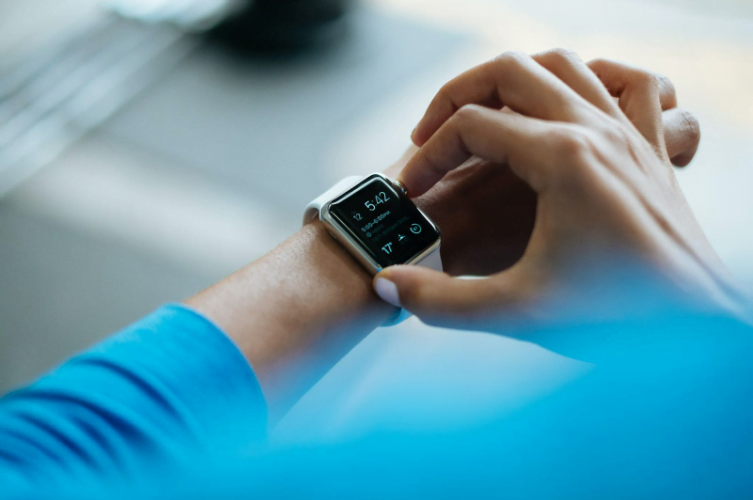Claiming for Consumables and Assistive Technology
Assistive Technology in Australia: What has changed?
Over the last few months, the NDIS has increased the requirements for Consumables and Assistive Technology in Australia (AT) purchases made with the help of a plan manager. The NDIS now requires further evidence when items are purchased.
Here’s what you need to know.
What has changed?
The NDIS has increased the requirement for the type of information that should be obtained by a plan manager when assisting participants, and their supports, to use NDIS funds for physical objects.
The general policy remains the same. Items must:
- Align with the participant’s goals
- Help overcome the impact of the participant’s disability
- Be value for money
- Not be an everyday expense
- Cost less than $1,500
In addition, the NDIS now requires more detailed evidence of how the purchase fits with their policy to be held by a plan manager. In particular, the NDIS requires a letter of support (see response to question in FAQs, ‘what do I need to do to make a purchase or rent AT technology?’), to be obtained from a qualified allied health professional or GP and held for review. This can be an email or letter.
Why is a ‘letter of support’ needed?
- The NDIA established a compliance function in late 2021. As such, they have been evaluating areas of spending and engaging with plan managers to review past payments
- As part of the evaluation process, they have asked for past invoices and supporting information and correspondence from relevant parties
- In some instances, the NDIA compliance team has retrospectively cancelled payments, leaving the plan manager to recover the money from the participant
- The new ‘letter of support’ requirement bolsters claims and ensures that spending fits within the guidelines
myAutonomy’s 3 C’s approach to claiming for Consumables and Assistive Technology
To ensure that participants are protected from the possibility of having their purchases fall outside of NDIS funding, at myAutonomy we’ve developed an approach to ensure the information needed to satisfy the NDIA is held on file.
Our team respects a participant’s privacy and we hold only the information required to ensure we can provide services effectively. Most of the time we are unaware of the full details of our participant’s disability and have only the necessary knowledge of their goals. A lot of consumables and low-cost AT items can appear to be everyday items until you have more details.
As such, we’ve developed the following approach to assist in gathering additional information while ensuring participant’s privacy:
-
Compassion
We will only ask for information where the items are not easily identified as disability-related. Our first point of contact will be you, the Support Coordinator, as we know you have a lot more knowledge about the person’s circumstances.
-
Curiosity
We want to understand how the item relates to a person’s disability, how their disability impacts their life, and how the item will help overcome a barrier to achieving their goals. Importantly, we keep an open mind and rely on the expertise of qualified professionals.
-
Clarity
We seek written information that sets out the details of the products which are recommended to overcome the impact of their disability. The easiest way for support coordinators to ensure quick purchasing is to supply the ‘letter of support’ from a qualified allied health professional or GP when arranging purchases.
If we receive invoices for consumables and low-cost AT items that require additional supporting information (to ensure protection for NDIA compliance reviews) we’ll contact you to ask for more details.
We look forward to working with you to ensure that the financial integrity of your participant’s budgets are maintained. All to ensure participants have access to the Consumables and Assistive Technology they require.
Got any questions?
Feel free to send us an email at [email protected] or call us on 1300 60 33 89






